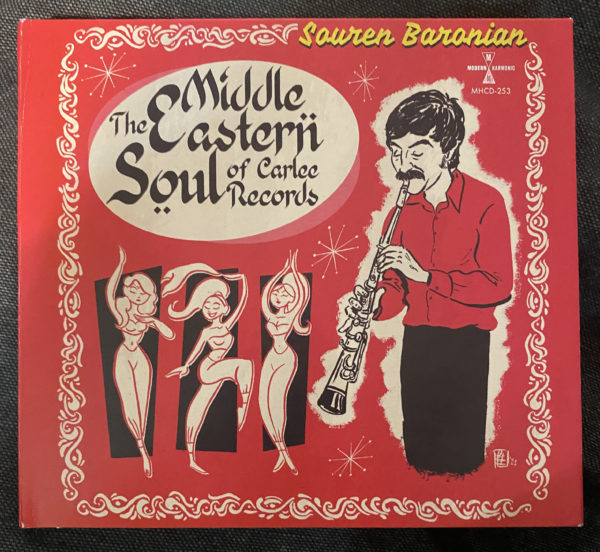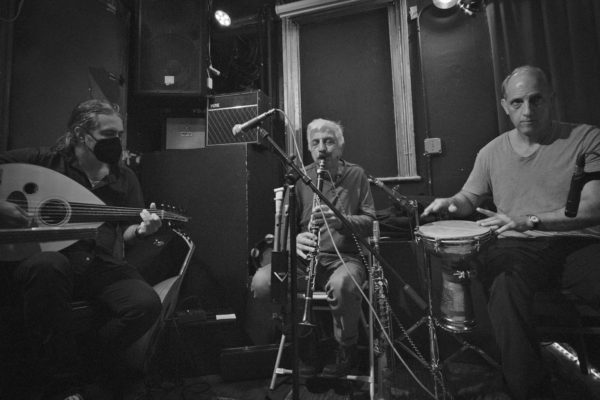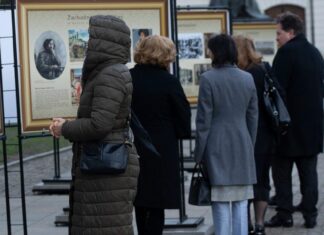By Harout Arakelian
Special to the Mirror-Spectator
“World music is ‘in’ today, and I was at the bottom end of this thing, I was doing this music in the ‘50s! There was Latin fusion and Cuban stuff with jazz, but that was about it. I was one of the first ones to fuse Middle Eastern music with jazz. I was there, man!” – Souren Baronian
Pan-Africanist and pan-Islamist impulses among African-American musicians in 1950s New York City resulted in East-West fusion recordings by significant and seminal jazz artists like Randy Weston, Yusuf Lateef, and Ahmed Abdul Malik, parallel to recordings by immigrant entertainers like Eddie “The Sheik” Kochak and Mohammed El Bakkar, who, looking toward a Western audience, produced their own kind of blended Middle Eastern Americana. The music of Souren Baronian, meanwhile, organically synthesized his experiences as a second-generation Armenian-American with his devotion to supremely cool jazz .
A magnificently produced three-disc set released by Modern Harmonic titled “Souren Baronian – The Middle Eastern Soul of Carlee Records” includes all 12 of Baronian’s earliest recordings with the Nor-Ikes Band of 1949 to 1952 as well as two LPs he self-released on his own Carlee label accompanied by vocalist Bob (Boghos) Tashjian, Middle Eastern Soul featuring oudist Haig Manoukian and Hye Inspiration featuring oudist John Tarpinian. A carefully produced Record Store Day release in a limited edition of 1400 copies on colored vinyl with a new interview with Baronian in the notes, it is essential.











